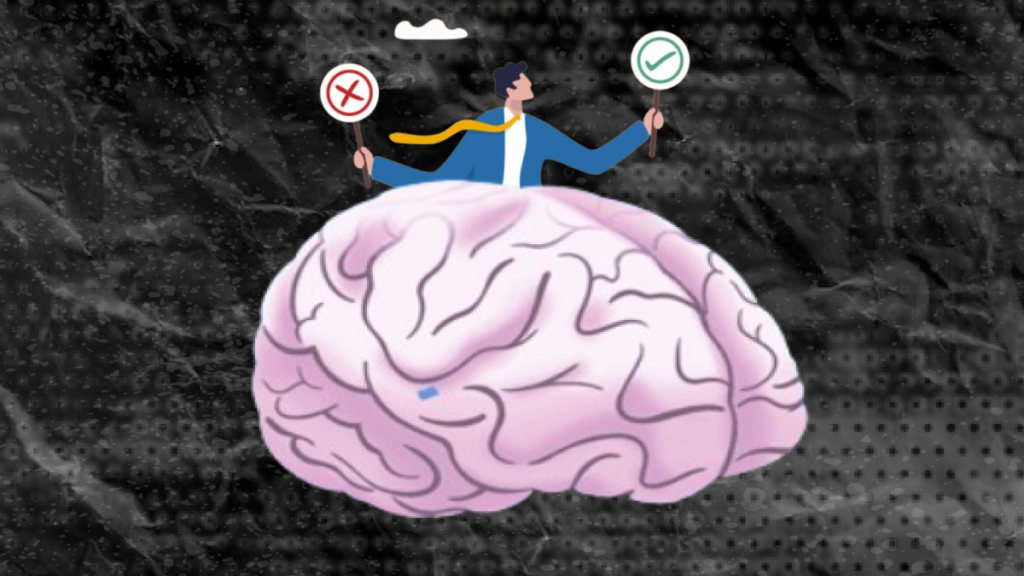Why Neuroethics is Crucial in the Age of Neuroscience?

In today’s fast-paced world, where scientific advancements seem to happen every day, one field that’s gaining attention is neuroethics. It’s all about looking at the ethical, legal, and social sides of neuroscience – basically, how brain science affects our lives and society, and what we should do about it. Let’s delve deep into why neuroethics is becoming increasingly crucial.
Neuroethics came into the spotlight in 2002, thanks to a conference where people started talking seriously about the ethical issues surrounding brain research and technology. Initially, it was seen as dealing with the ethical consequences of playing around with the human brain – you know, things like treating brain diseases or trying to make people smarter. But over time, it’s grown into something broader. Now, it’s not just about what we do with the brain; it’s also about understanding how the brain shapes our ethics and values.
So, why should we care about neuroethics? Well, let’s break it down:
1. Protecting People’s Rights and Privacy: With brain technology getting more advanced, there’s a worry that people’s privacy could be invaded, or their rights could be violated. Neuroethics steps in to make sure that doesn’t happen – by setting rules to protect people’s rights and privacy when it comes to brain research and treatments.
2. Thinking About the Future: Imagine if scientists found a way to read your thoughts or control your emotions. Sounds like something out of a sci-fi movie, right? But with the way brain science is progressing, it’s not as far-fetched as it seems. Neuroethics encourages us to think ahead and consider the consequences of such developments before they become a reality.
3. Making Sure Everyone Benefits: As brain science progresses, there’s a risk that only some people will benefit – usually the ones who can afford it. Neuroethics pushes for fairness, making sure that everyone has access to brain treatments and technologies, regardless of their background or income.
4. Setting Rules and Guidelines: With new brain technologies popping up all the time, we need rules to make sure they’re used responsibly. Neuroethics helps create guidelines for scientists, doctors, and policymakers to follow, ensuring that brain research and treatments are done in a safe and ethical way.
5. Understanding the Big Picture: Brain science isn’t just about curing diseases or making people smarter. It’s also about understanding what it means to be human. Neuroethics encourages us to think about how our understanding of the brain affects our values, beliefs, and the way we live our lives.
Now, let’s dive into some specific areas where neuroethics comes into play:
– Brain Imaging: Scientists can now peek into our brains to see what’s going on inside. While this can help diagnose diseases or understand how our minds work, it also raises questions about privacy and consent. Neuroethics helps us figure out when and how brain imaging should be used.
– Education: As we learn more about how our brains learn, there’s potential to improve education and help students succeed. But there’s also a risk that new brain-based teaching methods could widen the gap between rich and poor students. Neuroethics urges us to think about how to use brain science to benefit everyone, not just a select few.
– Neuroenhancement: Imagine taking a pill to make you smarter or happier – sounds tempting, right? But should everyone have access to such enhancements? And what are the risks? Neuroethics weighs the pros and cons of neuroenhancement, making sure it’s used responsibly.
– Regulating AI and Brain Technology: With artificial intelligence and brain technology advancing rapidly, there’s a need for clear rules and regulations. Neuroethics plays a crucial role in shaping policies and ensuring that these technologies are used ethically and for the greater good.
In essence, neuroethics is all about making sure that as we unlock the mysteries of the brain, we do so responsibly and ethically. It’s about balancing scientific progress with human values and ensuring that everyone benefits from the wonders of neuroscience. So, the next time you hear about a groundbreaking brain discovery, remember – behind the science, there’s also a conversation about ethics, and that’s where neuroethics comes in.
Until then,
Follow Neureads.com for more Neurotechnology news and stories.

